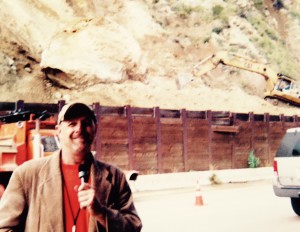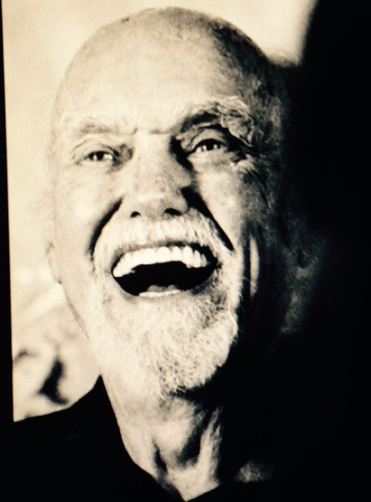Some of our most difficult conversations have to do with death.
Don’t they?
Having lost three people close to me in the last months, I’ve been to too many funerals to know what to say anymore.
Actually, after so much practice, I SHOULD know what to say, right?
But I just hug.
I know that doesn’t exactly help promote conversation. (Well, maybe it does, after an embrace?)
I prefer the silence of a heartfelt hug if the alternative is old platitudes that serve only to fill up time and space: “He’s in a better place” and “It was his time.”
Awkward!
So hug until the person lets you go. Let them let go first.
“Sorry for your loss.”
“My condolences.”
For other ways to converse when dealing with death, check out this “AT A LOSS” entry:
On a lighter note, here’s what philosopher Ralph Waldo Emerson said about it in 1888: “We are afraid of truth, afraid of fortune, afraid of death and afraid of each other.”
Yoiks!
A real conversation-stopper there, Ralphie boy.
“Hello? What? Ralph Waldo wants to come over for a little chit-chat? Um, no thanks, I’m late for my Transcendentalism class!”
Bonus
Good news: Tom Wolfe has a new book out about how we talk to each other, called “The Kingdom of Speech.”
“Tom Wolfe traces the often-amusing history of bickering over how humans started talking”
Finally, Beware Bringing About the Death of Conversation Itself
Those dry sticky salivaless sounds which can be death to a good conversation.
David Foster Wallace, author of INFINITE JEST, celebrating its 20-year anniversary





